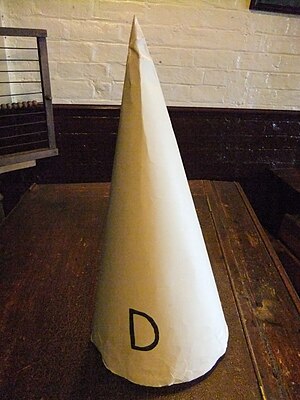
Anyone who is familiar with Earl Doherty’s site will probably find this post superfluous.
The mysterious origin of R. Joseph Hoffmann’s views of Doherty
Dr Jeffrey Gibson is on record as saying he has no intention of reading any of Doherty’s books but that did not prevent him from pulling out a critical line from Dr R. Joseph Hoffmann’s preface to a publication reissuing Goguel’s rebuttal of mythicism, and placing it in a Wikipedia article.
A “disciple” of Wells, Earl Doherty has rehashed many of the former’s [Wells’] views in The Jesus Puzzle (Age of Reason Publications, 2005) which is qualitatively and academically far inferior to anything so far written on the subject. . .
To call Doherty a “disciple of Wells” who has “rehashed” many of Wells’s ideas actually indicates that Hoffmann has never really read Doherty’s books at all. Maybe Hoffmann was relying on something he read by Eddy and Boyd who in The Jesus Legend very often append Doherty’s name to that of Wells when discussing the argument that Jesus was fiction. But read what Wells says about Eddy and Boyd’s confusion:
Earl Doherty belongs unequivocally in category 1 of Eddy and Boyd’s 3 [categories — category 1 includes those who think Jesus perhaps entirely fiction], and they make it easier for themselves to suggest that my ideas seem at first sight strange by repeatedly grouping me with him, even though they are in fact aware that I differ from him significantly. Doherty argues that, for Paul, the earliest witness, Jesus did not come to Earth at all, that, under the influence of the Platonic view of the universe, salvic events such as his crucifixion were believed to have taken place in a mythical spirit-world setting. I have never espoused this view, not even in my pre-1996 Jesus books, where I did deny Jesus’ historicity. (p. 328 of Cutting Jesus Down to Size by G. A. Wells)
So if Wells finds little in common between his arguments and Doherty’s, what does he say about Doherty’s work?
“In spite of our differences, Mr. Doherty has appraised my work generously, and for my part I regard his book as an important contribution…” (From Wells’ summation of a couple of give-and-take articles appearing in the British magazine “New Humanist” 1999-2000)
And again in Can We Trust the New Testament? G. A. Wells writes of Doherty’s The Jesus Puzzle:
In this important book [Doherty, The Jesus Puzzle], the whole of this chapter on these second-century apologists repays careful study. But I find his conclusion too radical . . . (p.202)
Anyone who has followed Wells’ books over the years may well come to the conclusion that it is Wells who has come to rely quite heavily on Doherty in some aspects of the mythicist case — particularly the second-century apologists. As for the work being “academically inferior”, again one wonders if Hoffmann ever did read the same book that . . .
— Professor of Religious Studies at Misericordia University, Stevan Davies, read. Davies said of Doherty’s work:
But in going along with Earl I’ve learned more than by going along with anybody else whose ideas I’ve come across anywhere. . . .
Crossan, or Johnson, Allison or Sanders, can give you slightly different views of the standard view. Earl gives a completely different view. His is a new paradigm, theirs are shifts in focus within the old paradigm. From whom will you learn more? (See Crosstalk #5438 for the full quote)
— Or that Professor of Biblical Criticism with the Council for Secular Humanism’s Center for Inquiry Institute, Robert M. Price, read. Price has the strongest praise for Doherty’s books, especially his recent one in the Youtube video linked at my earlier article on Robert Price’s view.
— Or that Professor of Religious Studies at Iowa State University, Hector Avalos, read. Avalos writes:
Earl Doherty’s The Jesus Puzzle outlines a plausible theory for a completely mythical Jesus. (See earlier post Legitimacy of questioning)
